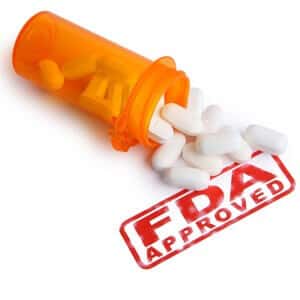
Politicians and pharmaceutical manufacturers often complain that the FDA is too slow in allowing new drugs on the market. As a result of such pressure, the FDA has been striving for more rapid drug approvals. But there could be a downside to such speed-serious safety concerns later on.
How Often Do Scientists Discover Safety Concerns After a Drug Is Approved?
A new analysis published in JAMA reveals that one third of the 222 medications approved between 2001 and 2010 were later found to cause serious safety concerns. These adverse drug reactions were not identified during the review process.
In many cases it took several years for the complications to surface. Drugs that were fast-tracked were more likely to to have unexpected safety problems pop up later.
Problems with Post-Marketing Surveillance:
Even if the FDA asks the drug company to do studies after the drug is approved, pharmaceutical firms don’t always complete such post-marketing surveillance projects in a timely fashion. As a result, physicians and patients may be unaware of the potential risks of recently marketed medicines.
Downing et al, JAMA, May 9, 2017

